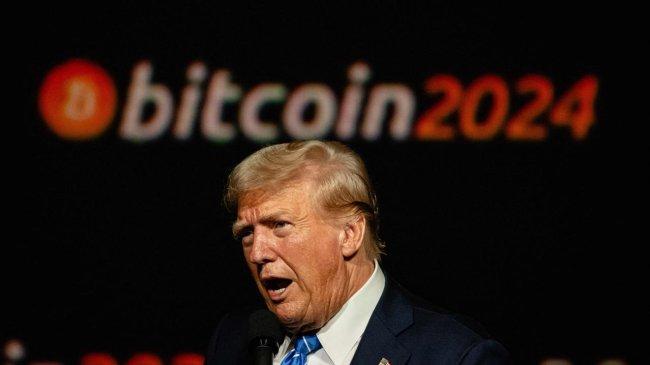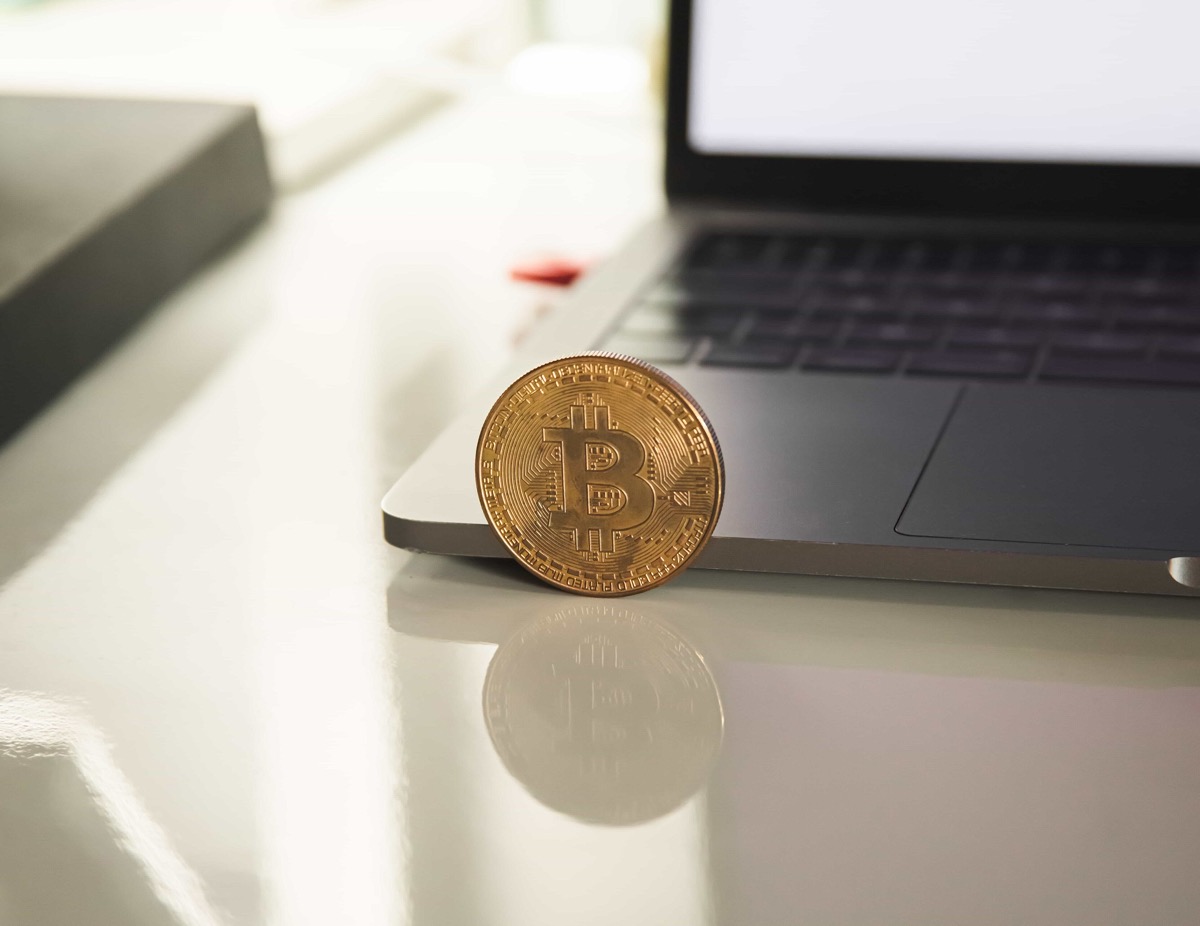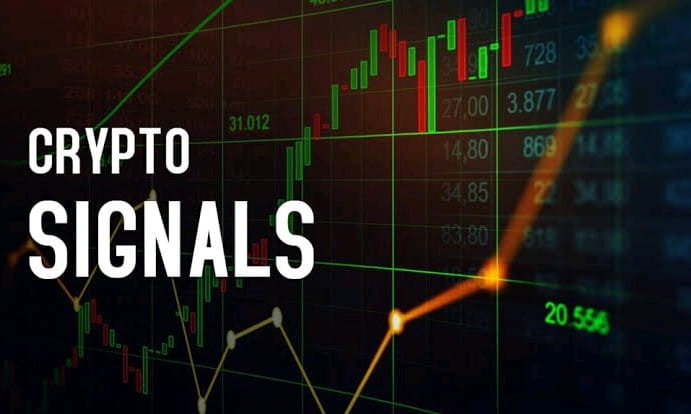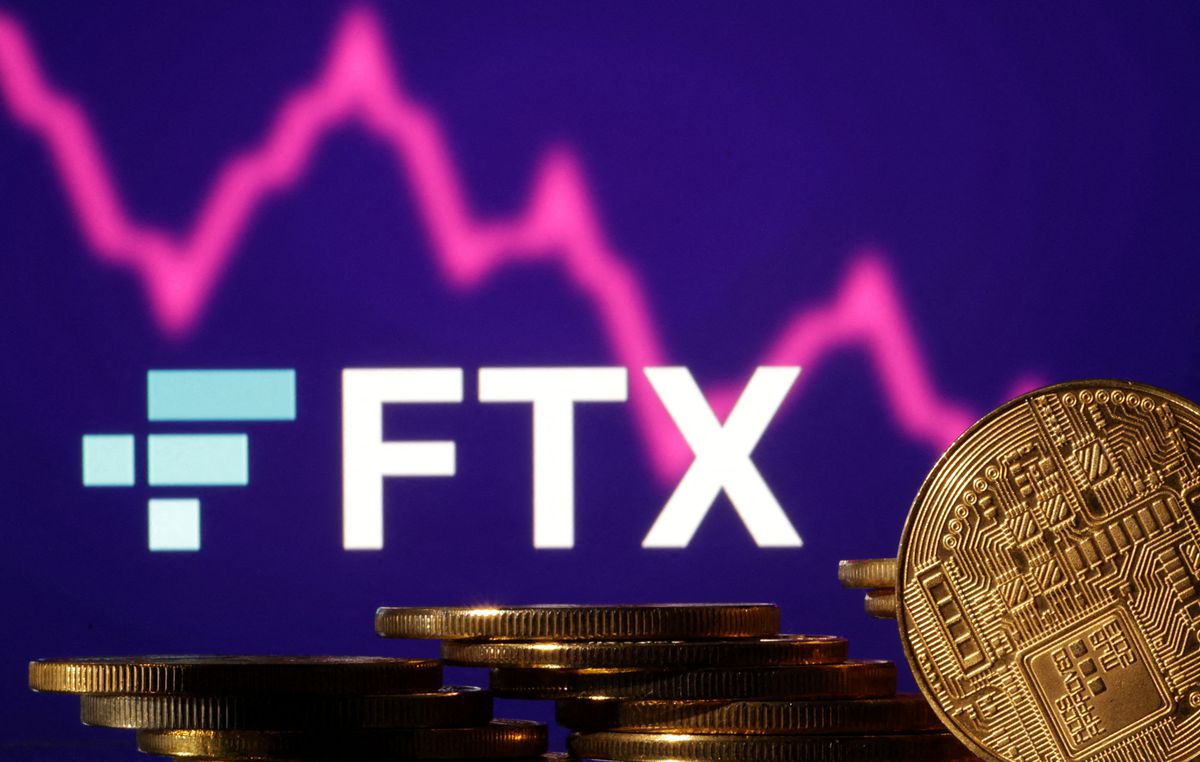How Will Trump’s Bitcoin Reserve Plan Shape the Markets?

Trump’s Bitcoin Reserve Plan: In a bold and unprecedented move, Donald Trump has announced a plan to incorporate Bitcoin reserves into his economic strategy. This development has sparked heated discussions across financial, political, and cryptocurrency circles, leaving many to speculate on the potential ramifications for global markets 5 Applications of Blockchain Beyond Cryptocurrency.
The Context of the Plan
Cryptocurrencies have evolved from fringe digital assets to mainstream financial instruments, with Bitcoin leading the pack as the most recognized and valuable cryptocurrency. Trump’s initiative to include Bitcoin in national reserves marks a significant departure from traditional reserve assets like gold and foreign currencies. While the exact details of the plan remain unclear, the implications are profound.
Potential Market Impacts
- Increased Institutional Adoption
Should Trump’s plan come to fruition, it could act as a catalyst for widespread institutional adoption of Bitcoin. By legitimizing Bitcoin as a reserve asset, other governments and central banks might follow suit, driving demand and boosting its value. - Heightened Volatility
Bitcoin is notorious for its price volatility. Introducing it into national reserves could amplify market fluctuations, especially if significant amounts are bought or sold to adjust reserves. Traders and investors should brace for potential price swings. - Strengthening Bitcoin’s Position
Such a move would reinforce Bitcoin’s status as “digital gold.” This could attract long-term investors seeking a hedge against inflation and traditional financial market instability. - Impact on Traditional Financial Systems
The inclusion of Bitcoin in reserves could challenge the dominance of traditional reserve currencies like the U.S. dollar and euro. This could lead to shifts in foreign exchange markets and global trade dynamics.
Challenges and Risks

While the potential benefits are enticing, there are notable challenges and risks:
- Regulatory Uncertainty: Bitcoin operates in a complex and often unclear regulatory environment. Integrating it into a national reserve system could provoke pushback from regulatory bodies.
- Security Concerns: Safeguarding digital assets requires robust cybersecurity measures. Any breaches could lead to substantial financial losses and undermine trust.
- Market Manipulation Risks: Given Bitcoin’s relatively small market compared to traditional reserve assets, large transactions could inadvertently manipulate prices.
Global Reactions
Reactions to Trump’s Bitcoin reserve plan have been mixed. Cryptocurrency enthusiasts hail it as a revolutionary step toward mainstream acceptance. Traditional economists and policymakers, however, have raised concerns about the volatility and risks associated with integrating Bitcoin into a nation’s reserves.
Conclusion
Trump’s Bitcoin reserve plan, if implemented, could reshape the financial landscape. It has the potential to elevate Bitcoin’s status, drive innovation in the cryptocurrency sector, and challenge traditional financial norms. However, it also carries significant risks that need careful consideration. As the world watches this development unfold, one thing is certain: the intersection of politics, finance, and technology is set to become more intertwined than ever before. Investors and policymakers alike must prepare for a future where digital assets play a pivotal role in shaping global markets.
[sp_easyaccordion id=”4095″]




